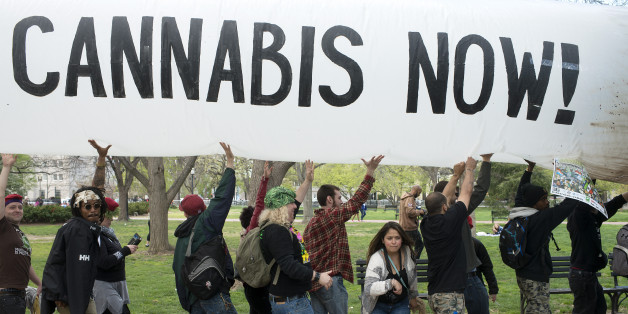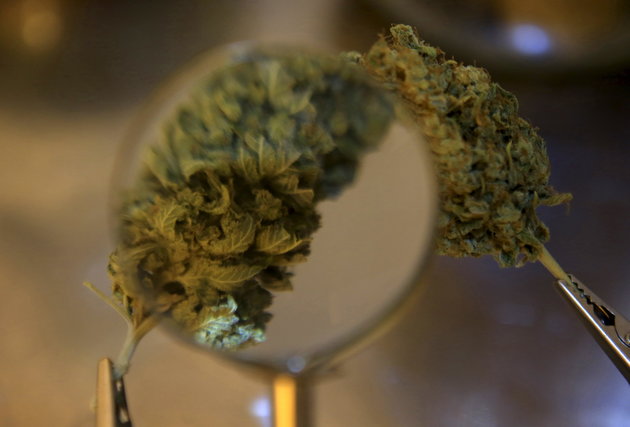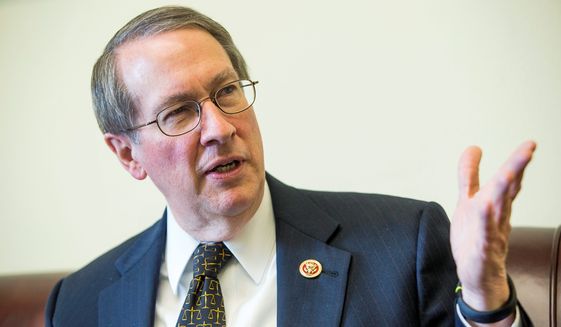-
-
3. Marijuana is a gateway drug
- Background
The debate regarding the legalisation of drugs, particularly that of soft drugs like cannabis (or marijuana) is capable of being characterised as one which pits the concept of freedom of the individual against the concept of a paternalistic State. Advocates of legalisation argue, amongst other things, that cannabis is not only less harmful than legal substances like alcohol and tobacco, but as a matter of fact has been proven to possess certain medicinal properties.
In stark contrast, those opposed to legalization argue that the legalisation of cannabis will act as a precursor to increased addiction to hard drugs, and will necessarily lead to an increase in the crime rate itself. In 1937, the Marijuana (Marihuana) Tax Act was introduced by Henry Anslinger and passed, levying taxes on anyone who was associated with cannabis, hemp, or marijuana. These types of association include possession, use, sale, and many other acts which would be considered illegal today. In addition to the taxes provisioned by the bill, penal codes for the procedural use and possession of marijuana were also outlined - violators could face five years in prison in up to a $2,000 fine. In 1951, an act that superseded the Marijuana Tax Act was passed criminalizing the possession and use of cannabis, hemp, and/or marijuana. In 1969, in the case of Leary v. United States, the Marihuana Tax Act of 1937 was overturned on the grounds of the 5th Amendment because those seeking a tax stamp would have to incriminate themsleves. In 1970, Congress passed the Controlled Substances Act listing cannabis as a Schedule I drug. Despite the Controlled Substances Act of 1970, many states and local cities began to decriminalize marijuana citing possession/use/sale/etc. as low priority offenses. Although many attempts have been made to reschedule cannabis off Schedule I, the Supreme Court ruled in a 2005 decision in the case of United States v. Raich, the federal government has jurisdiction over the legal status of marijuana.
(Source: DEBATEPEDIA)
- Official Democratic Position
We have strengthened cooperation with Mexico, Colombia, and throughout Central America to combat narco-traffickers and criminal gangs that threaten their citizens and ours. We will also work to disrupt organized crime networks seeking to use the Caribbean to smuggle drugs into our country. As we collectively confront these challenges, we will continue to support the region's security forces, border security, and police with the equipment, training, and technologies they need to keep their communities safe. We will improve coordination and share more information so that those who traffic in drugs and in human beings have fewer places to hide. And we will continue to put unprecedented pressure on cartel finances, including in the United States.
Source: 2012 Democratic Party Platform Sep 4, 2012
- Official Republican Position
Republicans have historically supported the War on Drugs, and oppose the legalization of drugs, believing that drugs are immoral and wrong, and the country should do its best to protect people from illegal drugs, and support Just Say No. More recently, several prominent Republicans have advocated for the reduction and reform of mandatory sentencing laws with regards to drugs.
Source: Wikipedia
-
- Strongly Oppose
- Oppose
- No Opinion
- Strongly Support
- Support
- 0 Comments



